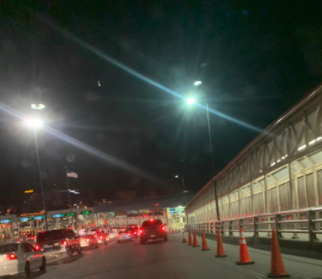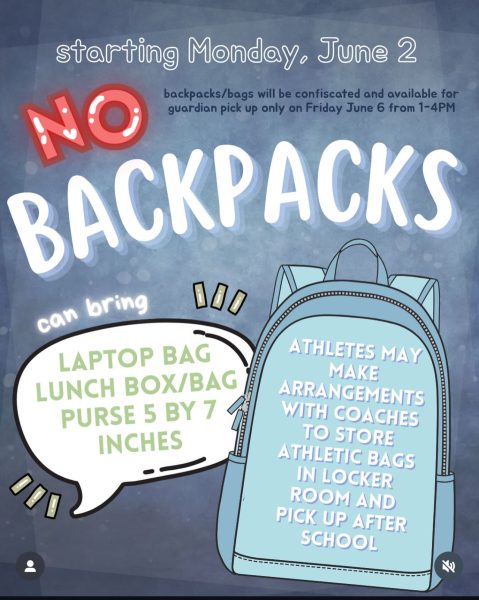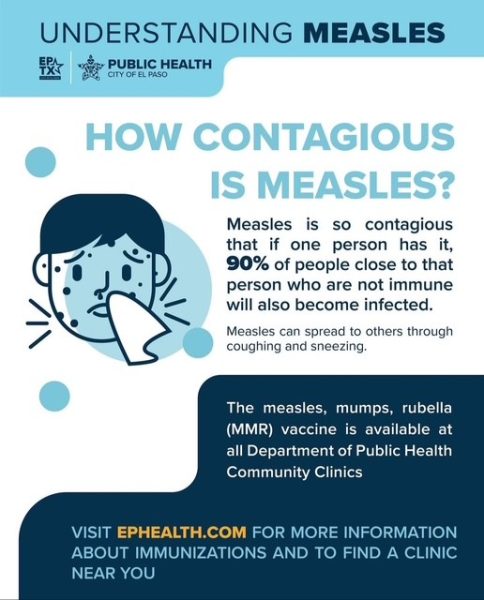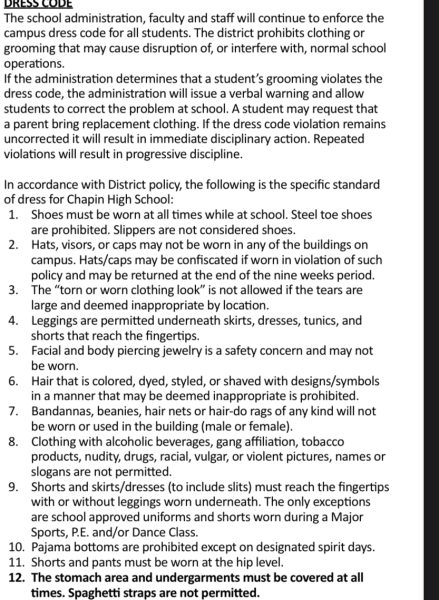Frustrations grow with closed borders

Residents from El Paso cross the border into Ciudad Juarez, Mexico.
The Southern and Northern borders are closed to slow the spread of the coronavirus. Mexico and the United States restricted all “nonessential” traveling. The government made this decision for safety, but it has separated some families.
“I struggle to see my family members because of the virus,” freshman Yenizel Marquez said. “My family thinks it’s not right to close the borders, many people may want to cross because they want to be with their family members or seek more opportunities, like a job, but we went with it for safety.”
According to npr.org the temporary closure was first put in place on March 21 and does not target the crossing of merchandise. People with temporary work visas, emergency personnel, students, and those traveling for business are also allowed to enter the United States.
“I have struggled to buy the supplies for my business, three fourths of the supplies that I need for my business are bought in the United States,” merchant Alejandro Nevarez said. “Right now, I’m only buying about half of the supplies in El Paso with the help of my brother and the rest in Mexico since the borders closed.”
According to the El Paso Times, Juárez city government recommended restaurants, bars and businesses operate at 50 percent capacity, according to a statement issued by the municipal government. The Mexican peso fell to an all time low, hitting 23 pesos to the dollar which affects people that change pesos for dollars to buy things in the United States.
“The economy is falling apart because the borders are now closed,” Nevarez said. “People are losing their jobs because of COVID-19. Since my business consumes products imported from the United States, the dollar rising costs affects my business because the price of the product rises and I don’t make much profit anymore.”
Closing the borders do not affect citizens of the United States from going back home. According to https://mx.usembassy.gov/wha-press-guidance/ the following categories do not fall within the definition of “essential travel,” individuals traveling for tourism purposes, such as sightseeing, recreation, gambling, or attending cultural events in the United States.
“I struggle well because of this border shut down,” freshman Andrea Nuñez said. “I just can’t be crossing the border to just see my family. The officers want a “good” excuse.”
According to Andrea, officers have changed their attitude a lot. They are more vigilant and pickier.
“My family’s opinion about this shut down is that they are sad,” Andrea said. “But happy because if everyone listens maybe this COVID-19 will be over soon.”
According to https://mx.usembassy.gov/wha-press-guidance/ these restrictions are temporary and went into effect on March 21, 2020. They will remain in effect through 11:59 pm on May 19, 2020. This decision has been coordinated with the governments of Mexico and Canada.
“I think that closing the borders is okay for everyone’s health and safety,” Nevarez said. “But they didn’t take into consideration that many people cross for the simple reason of seeing their family.”





